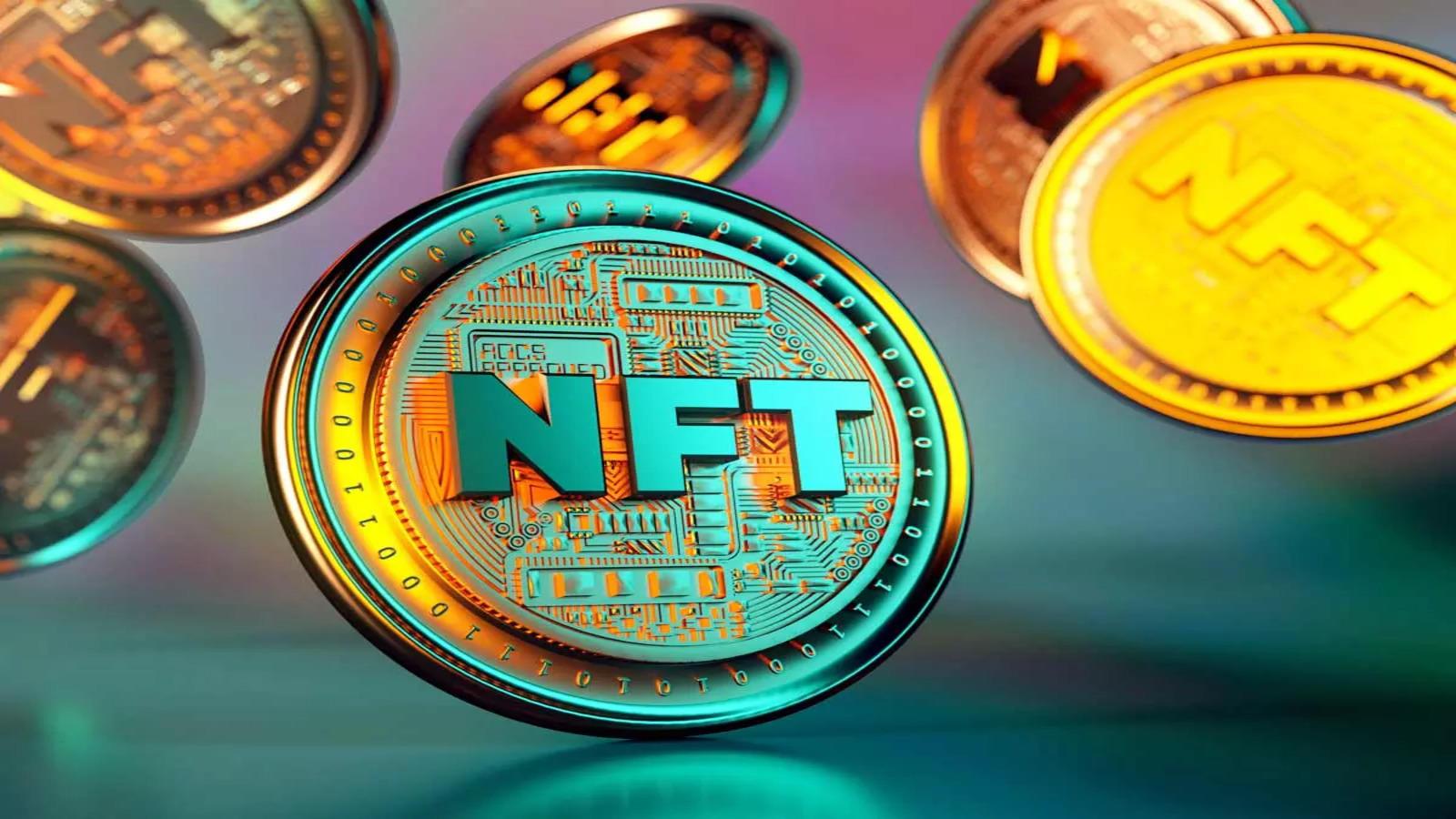More Than Art: The Broad Impact of the Non-Fungible Tokens Industry

The Non-Fungible Tokens industry has evolved far beyond its initial perception as a marketplace for digital art and collectibles; it is now a foundational technology that is beginning to disrupt and innovate across a wide array of traditional sectors. The industry's massive projected growth, with an expected market size of USD 158.29 billion by 2034, is a clear indicator of its expanding utility and its deep integration into the future of commerce, entertainment, and identity. This expansion, progressing at a remarkable CAGR of 38.5%, is being fueled by the discovery of practical, real-world applications for NFTs that go far beyond their speculative value, positioning the technology as a key enabler of the next generation of digital interaction.
The video game industry is one of the sectors being most profoundly transformed by NFTs. Traditionally, players have never truly owned the in-game items they spend hours earning or purchasing. With NFTs, that paradigm is changing. In a "play-to-earn" or "play-and-own" game, in-game assets like characters, skins, or weapons can be NFTs that are truly owned by the player in their personal crypto wallet. This means players can freely buy, sell, and trade their assets on open marketplaces, and even potentially use them across different games in an interoperable metaverse. This concept of true digital ownership is a massive shift that is creating new economic models for both players and game developers and is a major driver of NFT adoption.
The music industry is another area ripe for disruption by NFT technology. For decades, artists have struggled with a complex and often inequitable system of royalties and distribution. NFTs offer a way for musicians to bypass traditional labels and sell their music, merchandise, and exclusive experiences directly to their fans. An NFT could represent ownership of a limited-edition version of a song, with the smart contract automatically distributing royalties from streaming services directly to the token holders. It could also act as a lifetime pass to a fan club, granting access to concert tickets, backstage passes, and exclusive content. This creates a much deeper and more direct economic and social connection between artists and their most passionate supporters.
Beyond entertainment, the NFT industry is making inroads into the world of physical assets and real-world utility. The concept of "phygital" NFTs involves linking a physical item, like a luxury watch or a pair of rare sneakers, to a digital NFT that serves as its immutable certificate of authenticity and ownership. This can help to combat counterfeiting and make the process of buying and selling high-value physical goods more secure and transparent. NFTs are also being used for ticketing at live events, where they can eliminate fraud and provide a new channel for engaging with attendees after the event. These practical, utility-driven applications are key to the industry's long-term growth and its integration into the mainstream economy.
Explore Our Latest Trending Reports:
